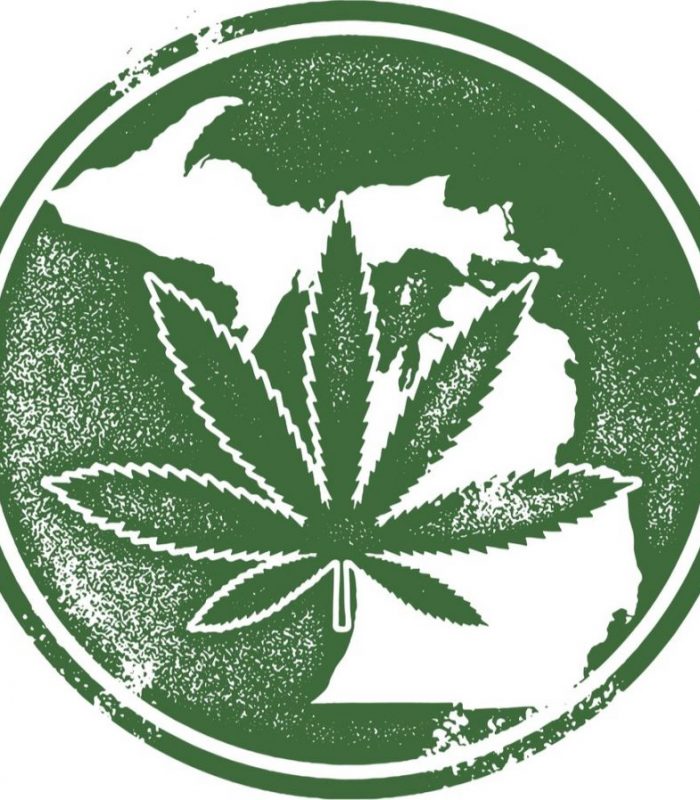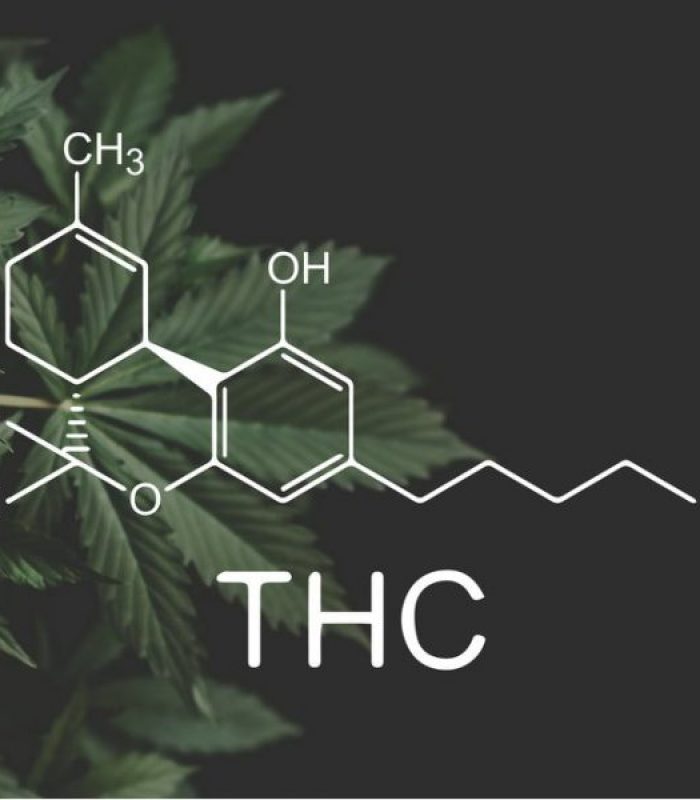Advocates, following lead of cannabis, report the mental health benefits of magic mushrooms. Time for the shroomery!
Less than a year following legalization of recreational cannabis, activists in Canada are pushing for further exploration of the medical applications of different drugs. Of particular interest to legalization activists is medical use of psilocybin mushrooms, which preliminary studies have shown to be physically safe and potentially beneficial for a handful of conditions. Long-time Canadian cannabis activist Dana Larsen has taken a front line position on the issue by opening “The Shroomery,” a medicinal mushroom dispensary.
The Shroomery is an online storefront that ships medicinal doses of magic mushrooms to patients with prescriptions across the country. The mushrooms in Larsen’s Shroomery all come from the same specialized supplier of medicinal magic mushrooms.
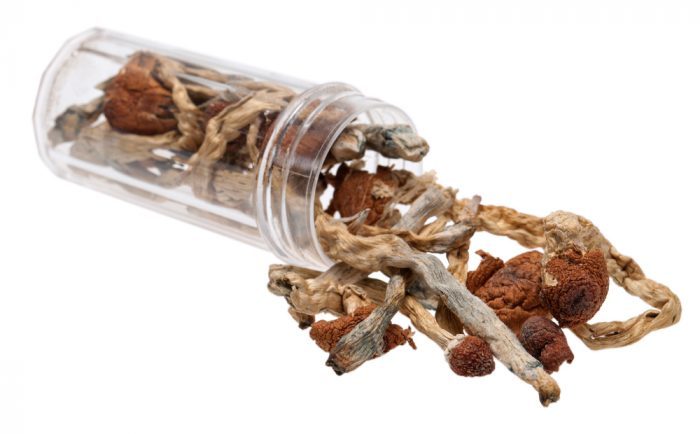
With a recommendation from a doctor or naturopath, Larsen will gladly send members of his site capsules which contain micro-doses of shrooms between 1%-10% of a regular dose. Available doses range from 25-100mg, priced at $2.50 – $8. At this dose range, psilocybin mushrooms produce minimal – if any – psychedelic effect.
Larsen bases his Shroomery project on the successful model of pre-legalization cannabis dispensaries he operated in Vancouver:
“It’s really modelled on our early dispensary that we started 10 years ago with the Vancouver Dispensary Society, and just substituting micro-doses of mushrooms instead of cannabis,” he told HuffPost.
Most psychedelics, including magic mushrooms, are illegal in Canada under the country’s Controlled Drugs and Substances Act. However, Larsen believes that his approach of requiring patients to prove medical necessity will make his Shroomery a low priority for the police. He’s ready to defend that position in court.
Speaking with HuffPost, Larsen said: “I’ve got my lawyers on standby — if the police want to charge me I’m happy to go to court. I’m pretty confident that mushroom microdoses are legally defensible.”
Clinical Trials on Psychedelics
Medical trials on psychedelics are underway in Canada including studies into the use of MDMA to treat PTSD and psilocybin mushrooms for depression and anxiety.
HuffPost spoke with Mark Haden, an adjunct professor at the University of British Columbia. Haden says that he believes the government will legalize psychedelics when the trials are complete. The trials are expected to end in 2022.
Haden predicts a similar course to legal cannabis, where trailblazers, like Larsen, will push the legal envelope, eventually forcing the government to allow and regulate places like The Shroomery. “Regulators eventually stepped up to the plate and said, ‘Okay, we need to regulate this’,” he told HuffPost. “So it was pushed by the entrepreneurs, and then it was regulated by the bureaucrats. And now we have regulated cannabis.”
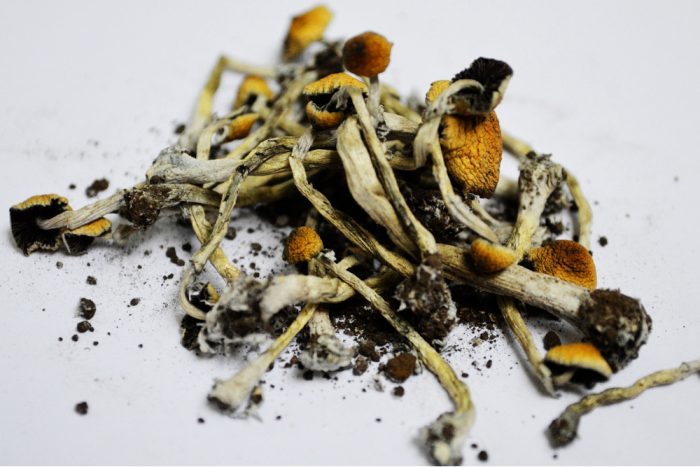
The Use of Psychedelics for Mental Health Growing
Psychedelic research isn’t restricted to Canada. Earlier this year, Imperial College London launched its Imperial Centre for Psychedelic Research. Led by Dr. Robin Carhart-Harris, the center will focus on the use of psychedelics in mental health care. It will also use psychedelics as a means of investigating the basis of consciousness.
In a press release published on the university’s website, Dr. Carhart-Harris said “Psychedelics are set to have a major impact on neuroscience and psychiatry in the coming years. It’s such a privilege to be at the forefront of one of the most exciting areas in medical science.”
He continued, “It may take a few years for psychedelic therapy to be available for patients, but research so far has been very encouraging. Early stage clinical research has shown that when delivered safely and professionally, psychedelic therapy holds a great deal of promise for treating some very serious mental health conditions.”
Studies at the Centre for Psychedelic Research are already underway. Earlier this year, Carhart-Harris’ working group started a new trial comparing the effectiveness of psilocybin for depression with traditional antidepressants. The group previously studied psilocybin, MDMA and DMT with promising results.
Mushrooms Decriminalized in Denver and Oakland
Mounting medical evidence about the usefulness of psychedelics in treating mental health conditions reflects changing attitudes in our culture. This attitudinal shift is causing some cities to take the plunge and decriminalize psilocybin mushrooms, among other psychedelics.
Back in May, Denver became the first city to decriminalize psilocybin mushrooms following a voter initiative supported by 50.5% of voters. The ordinance will de-prioritize enforcement of magic mushrooms for personal use and possession “to the greatest extent possible.”
Psilocybin mushrooms remain illegal both federally and in Colorado, however the new ordinance will prevent the city from using its funds to impose penalties on consumers.
Oakland quickly followed up with an even more broad-ranging resolution, effectively decriminalizing “entheogenic plants.”
“Entheogen” refers to substances which are “ingested to produce a non ordinary state of consciousness for religious or spiritual purposes.”
Oakland’s resolution prevents city money from use “to assist in the enforcement of laws imposing criminal penalties for the use and possession of Entheogenic Plants by adults.” It makes investigating growers, consumers, and distributors “amongst the lowest law enforcement priority for the City of Oakland.”
Evidence for Magic Mushrooms
The US saw famous psychedelics clinical trials of the 1960s. However, the Controlled Substances Act effectively shut down research into psychedelics for decades. A committee formed in 1992, with approval from the FDA and the National Institute on Drug Abuse. This is how current scientists began looking into medical applications for psychedelics. Today, Johns Hopkins University has an entire research unit dedicated to furthering these studies.
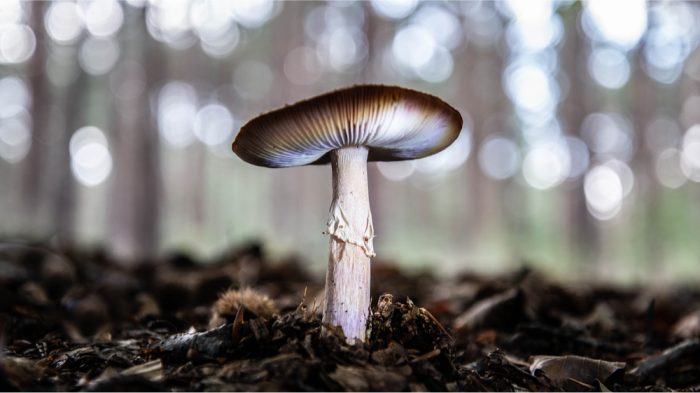
A 2017 National Institutes of Health study on psilocybin looked at its potential to treat multiple disorders. These include depression, anxiety disorders, obsessive-compulsive disorder, alcohol use disorder, and tobacco use disorder. Psilocybin is a serotonergic drug, meaning it works in a similar way to many antidepressants.
Current studies are still in their early stages. However, activists are confident that the evidence on the safety and efficacy of psychedelics is going to speak for itself. Emerging evidence shows psychedelic research could become one of the most exciting fields of medical science. For now though, most patients might have to wait a few years before they see a Shroomery on their block.



